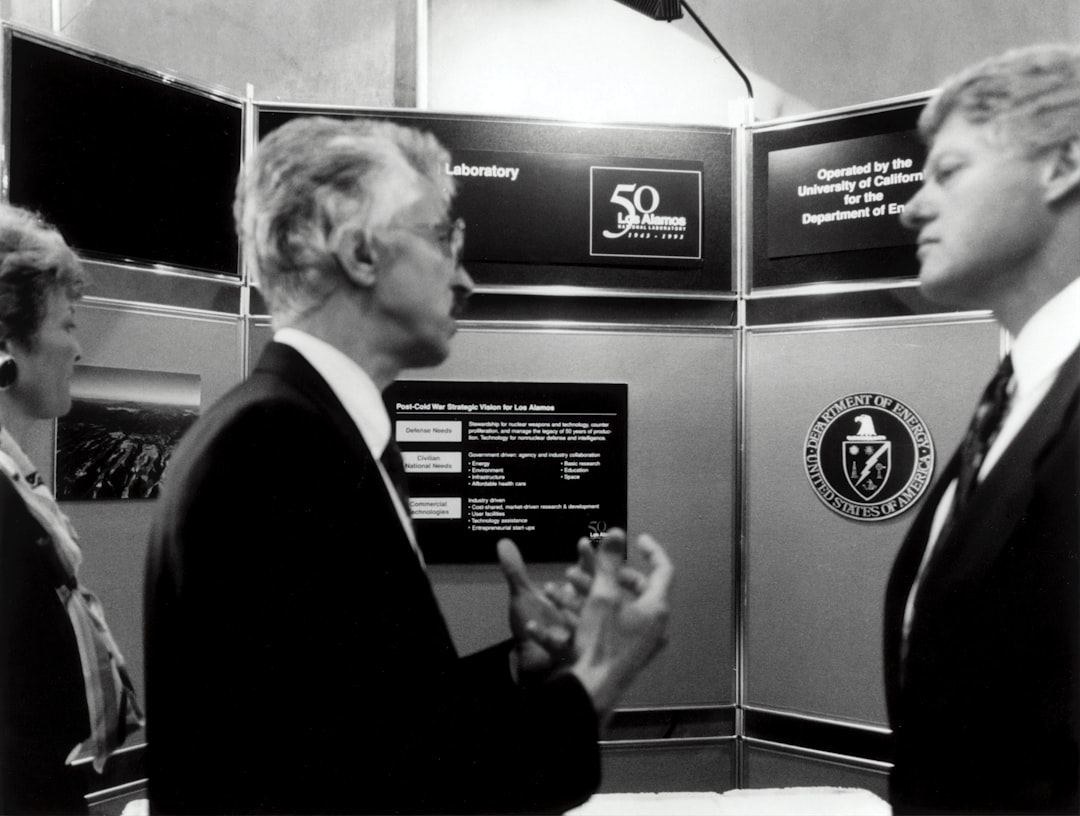What is it about?
With the aim to locate key drivers and challenges of the decentralized civic engagement movement, which is generated through such autonomous peer-to-peer projects, the research itself is based on the analysis of popular civic e-participation initiatives implemented and promoted in a number of countries. The key hypotheses of the research is that the promotion of more decentralized civic engagement platforms outside the traditionally centralized and thus still a top-down state-run ecosystem of e-government, could presumably provide a more democratic playground to advance e-participation more as an instrument to boost networking and collaboration, first of all, among citizens rather than as a public service, regardless of how sophisticated it is.
Featured Image

Photo by Dan on Unsplash
Why is it important?
Decentralized civic engagement, i.e. engagement which is not initiated and managed by government, has been often used as a popular slogan in various public speeches to highlight the importance of genuine civic interests in governance, yet offering very limited options on how to actually promote such involvement. The advent of the digital era has facilitated the development of a plethora of digital participatory platforms that could presumably help to boost the effective engagement of civic communities in decision making processes in an explicitly decentralized manner and, more so, the demand for such decentralized e-participation services is increasing during the current Covid-19 crisis. However, there is a real shortage of studies that directly focus on the analysis of such autonomous cases and all the more so from real life contexts in their natural settings. In this regard, this paper aims to fill the gap by analyzing the phenomena from an intrinsically peer-to-peer networking perspective, which could be observed today in popular autonomous civic engagement initiatives that have been launched in recent times in the area.
Perspectives
Lack of funding is a main barrier in promoting independent e-participation platforms. Autonomous e-participation platforms boost civic engagement in a collaborative way. The autonomous e-participation process is slowed down due to the lack of regulation. Blockchain governance promises to decentralize civic engagement process.
Dr Maxat Kassen
Astana IT University
Read the Original
This page is a summary of: Understanding decentralized civic engagement: Focus on peer-to-peer and blockchain-driven perspectives on e-participation, Technology in Society, August 2021, Elsevier,
DOI: 10.1016/j.techsoc.2021.101650.
You can read the full text:
Contributors
The following have contributed to this page










